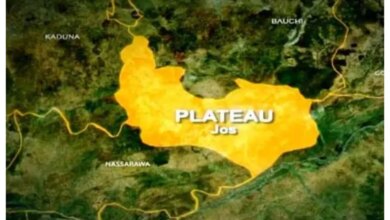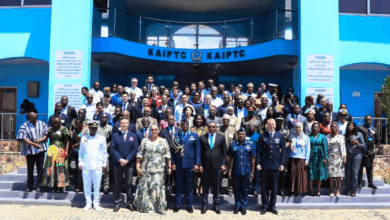Waste-to-wealth can tackle gas flaring in Niger Delta – Experts

Environment experts, Engr Charles Deigh and Dr Caleb Joel Nwaogwugwu have suggested how gas flaring in the Niger Delta could be resolved.
In separate statements on Sunday, the oil experts pointed out that gas flaring, which has been a major challenge in the region, has been fueling climate change and worsening health risk.
Deigh explained that despite repeated government pledges and the launch of the Nigerian Gas Flare Commercialisation Programme, NGFCP, the problem persists because marginal oil fields often produce small, scattered volumes of gas that large pipelines and LNG plants cannot profitably absorb.
He further argued that other countries have shown that small-scale gas-to-power plants and micro-LNG facilities can capture waste gas and turn it into electricity, fuel, and jobs. Nigeria must adapt these models to its own reality.
“Large LNG projects require steady, high-volume flows and marginal fields can not deliver that, what they can support are modular technologies, micro-LNG plants that liquefy 5–50 million standard cubic feet per day for transport to power plants, factories, or export hubs.
“Equally, small gas-to-power plants can sit close to host communities, feeding mini-grids and industrial clusters.
“These models bring three big advantages: Lower costs; modular plants slash upfront capital and shorten payback times.
“Flexibility; Units can scale with production, avoiding stranded assets. Community dividends; Local power generation creates jobs, reduces blackouts, and improves relations with host communities—cutting sabotage risks”, Deigh said.
He also advised that “technology alone cannot end flaring. Investors need certainty, and Nigeria must deliver it. Three steps are urgent: Regulatory efficiency: Streamline licensing, tariffs, and permits. Red tape kills deals.
“Demand security; Guarantee off-takers—distribution companies, industries, mini-grids—through predictable pricing and risk-sharing frameworks.
“Aggregation models; Pool gas from nearby fields into centralized mini-LNG or power plants, lowering costs and attracting serious investors.
“If these enablers align, NGFCP can finally shift from paper promises to projects on the ground”, he added.
On his part, Dr Caleb Joel Nwaogwugwu, another expert in the oil sector said “gas flaring is not inevitable. It is the product of neglect.
“Nigeria has the technology, the people, and the policies to end it. What is missing is urgency”.
According to him, Nigeria must choose whether to “keep burning its wealth into the atmosphere or convert that wasted energy into lasting prosperity”.
“With political will, regulatory reform, and bold investment in small-scale solutions, the Niger Delta can shift from flare to fortune”, Caleb stated.





